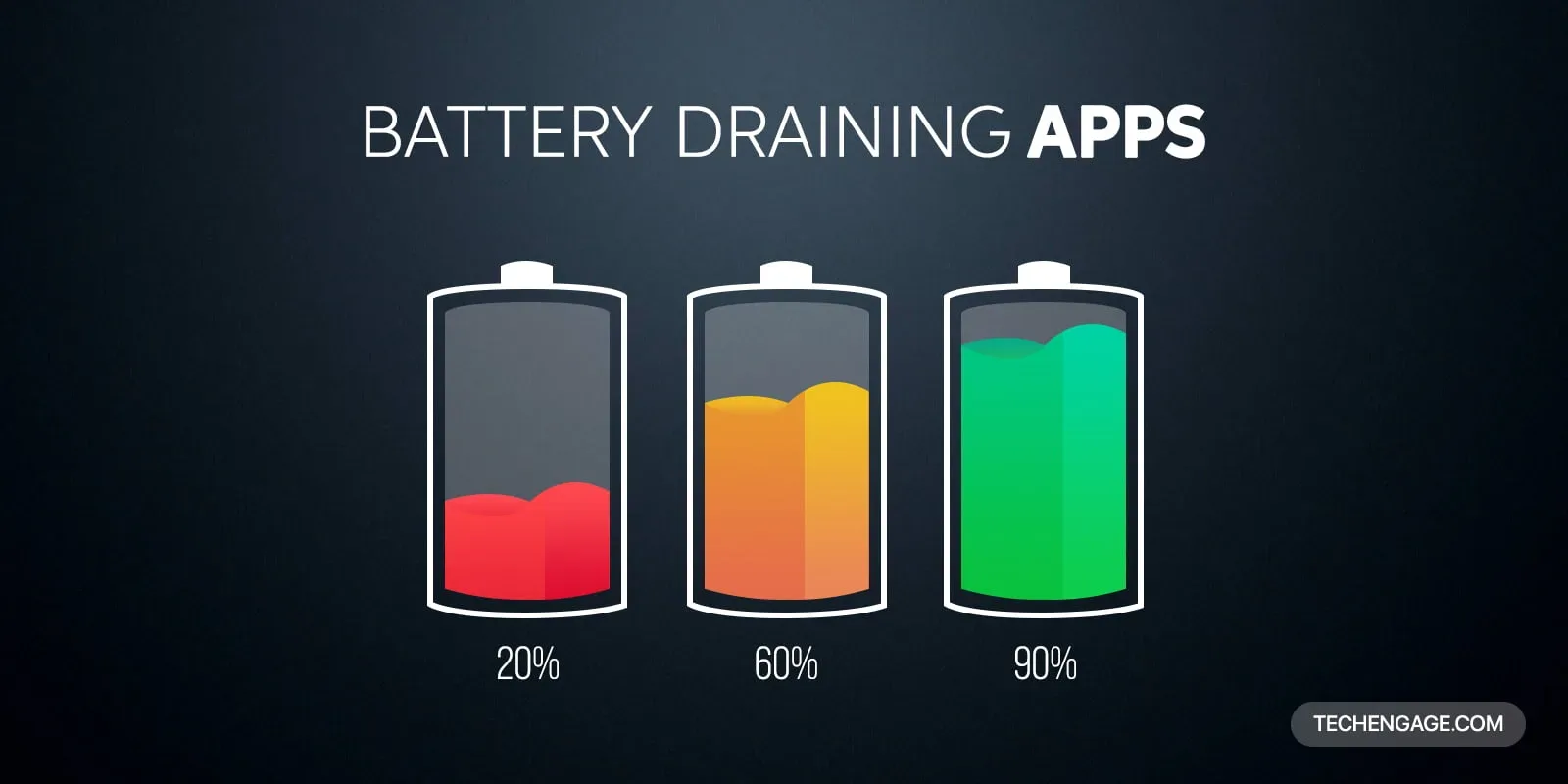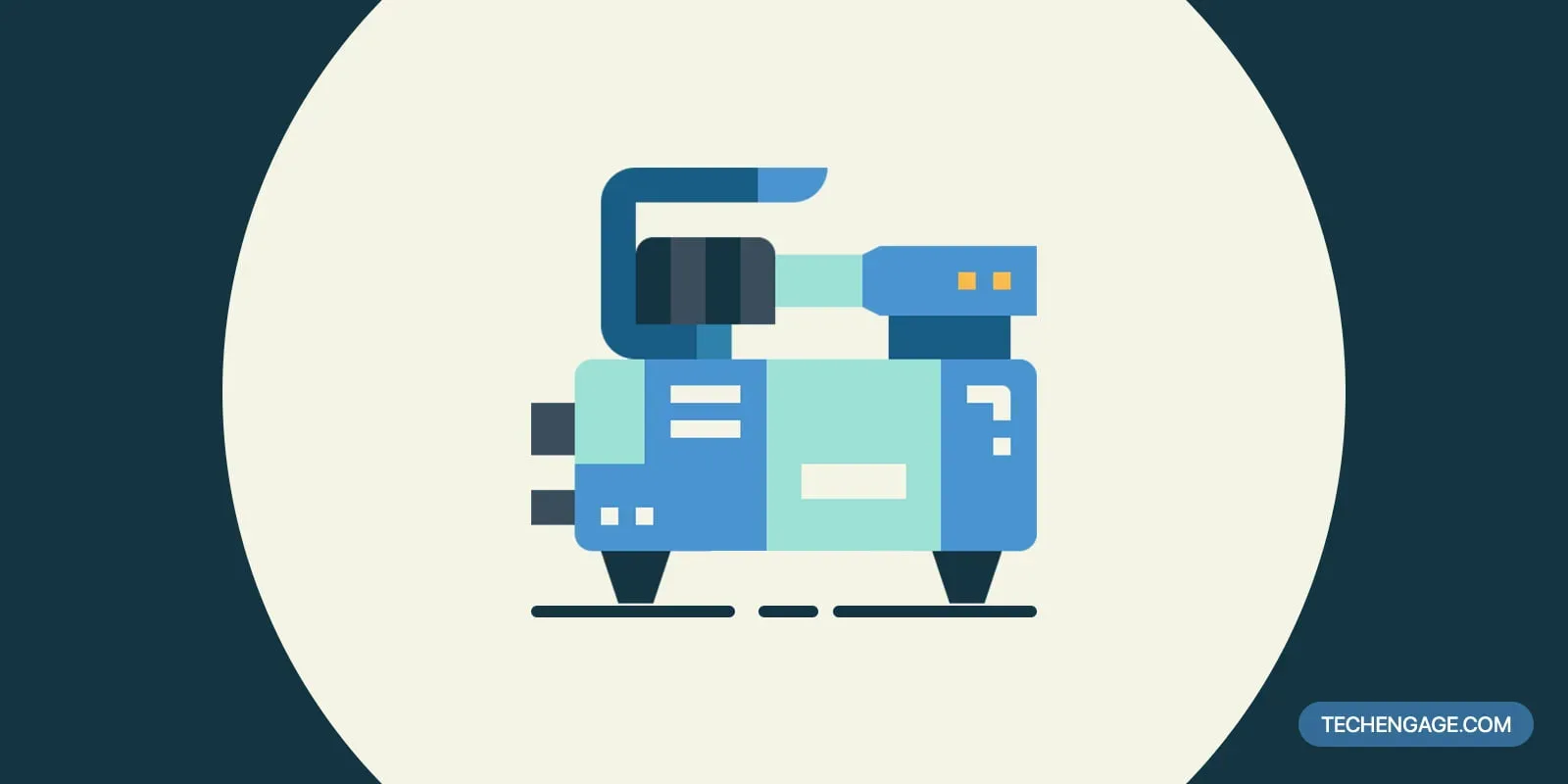What do we mean by artificial intelligence?
It refers to the programming of machines in such a way that they mimic human functioning i.e. providing intelligence to machines.
Example of such intelligence includes programs that run chess and self-driving cars.
Artificial Intelligence in healthcare means the use of software programs to approximate the human cognition for the analysis of complex medical data.
When it comes to our health artificial intelligence is playing a very significant role. Nobody can deny its importance.
Application of Artificial intelligence in healthcare:
- Robots
- Virtual nursing assistant
- Clinical data support
- Workflow and administration support
- Image analysis
- Managing medical records
- Health monitoring
- Healthcare system analysis
Artificial intelligence supports robot surgery:
Robots can examine the data and medical records before the operation in order to guide the surgeon’s instrument during surgery. It shows that it leads to a 21% reduction in a patient’s hospital stay. A robot performing surgery is “minimally invasive” so the patient doesn’t need to heal from the large incisions.
With artificial intelligence, the robot can use data from previous operations to perform a new surgical technique. Robots are therefore performing their tasks very accurately.
Artificial intelligence helps the surgeons to determine what is happening in the surgery in real time.
AI can help the surgeons perform better:
- A robot was used for the eye surgery and the eye surgery was successfully completed.
- A robot called the Da Vinci allows the doctors to perform the complex and difficult procedures with greater control.
- For heart surgery, a robot uses an incision technique. It makes an incision in the chest to perform the mapping and therapy over the heart’s surface.
Virtual nursing assistant:
Virtual nursing assistant is helping a lot in the medical industry. As the Virtual nurse is available 24 hours, they can answer the questions, monitor the patient and provide quick answers to the patients’ queries.
With the help of a Virtual nursing assistant, a patient can easily communicate. In this way, it prevents the patient from going into the hospital unnecessarily.
Workflow and administrative task:
Artificial intelligence systems are created in order to organize the data and then analyze it. AI also helps in taking notes and reports of the patient’s past medical record. It is used in creating the external research and clinical enterprise. It helps to correct and select the treatment path.
Image analysis:
Image analysis is a very time-consuming process for humans but with the help of AI, it can be performed quickly and accurately. MIT led research team developed such a machine learning algorithm that can analyze 3D scans up to 1000 times faster then a human can do. AI has also helped in improving the radiology tools. AI helps to provide faster service. It is very efficient as compared to humans.
Managing medical records and other data:
Data management is the most widely used application of artificial intelligence. AI helps in compiling and analyzing the data. Robots collect, store and analyze the data to provide a more convenient access.
Health monitoring:
Like Fitbit, Apple, Garmin, and others AI can check the heart rate and activity level of the patients.
They can tell the patient about their heart rate and suggest them if they need to visit a doctor.
Healthcare system analysis:
In Healthcare system analysis, the artificial intelligence helps to highlight the mistakes in treatment, tell the workflow inefficiencies, and help to avoid the unnecessary patient’s hospitalizations.
Benefits of Artificial intelligence in healthcare:
- AI is used as a diagnostic tool.
- It is used for drug recovery.
- It identifies the cancer stages.
- It keeps the doctor up to date in clinical research.
- It manages the data.
- It optimizes the schedule of the doctor and the patient.
- It is used in accessing the effectiveness of chemotherapy in cancer.
Impact of Artificial Intelligence on Healthcare
With the advancements in health technology and innovations in Artificial Intelligence, the healthcare industry is under influence. It is benefitting from AI in treating chronic diseases, in radiology, risk assessment, and radiology etc.
At 2018 World Medical Innovation Forum (WMIF) on artificial intelligence presented by Partners Healthcare, the leading researchers and clinical faculty members highlighted the twelve technologies and areas of the healthcare industry that are most likely going to have a major impact from artificial intelligence within the next ten years.
Brain-computer Interfaces:
Yes! It means communication through a computer by direct interaction between humans’ mind and these computers.
The main idea behind these interfaces is to help people especially with neurological conditions such as stroke, amyotrophic lateral sclerosis, dementia, people who are unable to speak, move or interact meaningfully.
Computers with artificial intelligence having BCI can decode the neural activities of the patient and help them in performing the intended movement.
It can improve the quality of life of these patients to a much greater extent.
Radiology Tools:
There is always patient-centered non-invasive treatment, which is preferred. Imaging tests such as Ct-scan, MRI, X-rays are already non-invasive but techniques such as biopsies are invasive and require surgical resectioning of the tissue.
Radiology tools, which can replace these procedures can be a big advancement especially for the diagnosis of tumors in the body. In the biopsy, the small amount of tissue is removed but with the use of such radiology tools, many other details of the tumor can be inferred.
Access to care in developing nations:
Artificial intelligence can help overcome the shortage of health providers in developing nations. It can take over some of the diagnostic duties such as ultrasound technicians and radiologists.
AI imaging tools can help screen the chest x-rays of patients for tuberculosis. This can also be done with the help of apps on mobile phones.
The algorithm development for these programs should be developed based on the fact that disease presentation differs on the environmental factors and ethnicity.
Antibiotic Resistance:
Antibiotic resistance is the major problem faced by health care professionals nowadays. This resistance is because of several reasons. Increased use of antibiotics and the unnecessary use of antibiotics play a major role.
The antibiotic resistance is posing a serious cost issue. Billions of rupees are being used per annum for the resistant strains.
Through AI, we can decode the pattern of antibiotic resistance. We can come to know the resistance before patients develop signs and symptoms of the resistance.
Precise analytics for pathology images:
Pathologists work in the diagnostic circle by observing the images under the microscope. Some of the fine details in images can be skipped by a human eye. Here, artificial intelligence can work by drilling down to the pixel level of large digital images.
With the help of this information, one can know the precise details of tumor progression i.e. whether the tumor will progress slowly or rapidly. This, of course, can modify the treatment options and decisions can be taken based on these precise details rather than on histologic grades or staging of the tumor.
Medical Devices:
“When we’re talking about integrating disparate data from across the healthcare system, integrating it, and generating an alert that would alert an ICU doctor to intervene early on – the aggregation of that data is not something that a human can do very well,” said Mark Michalski, MD, Executive Director of the MGH & BWH Center for Clinical Data Science.
Introducing artificial intelligence into the medical devices, which are critical for monitoring can decrease the cognitive burden for physicians.
Immunotherapy for Cancer treatment:
Immunotherapy contains the idea of using one own’s immune system for treating cancer. However, many small numbers of patients respond to these treatment options.
Machine algorithms and their ability to synthesize highly complex datasets may be able to highlight new options for targeting therapies to an individual’s unique genetic makeup.
The latest development in immunotherapy is the checkpoint inhibitor. These inhibit one of the steps in the tumor growth. Thus, in this way inhibit tumor progression.
Electronic Health Record-Reliable Risk Predictor:
The electronic health record is the part and parcel of patient’s data.
“Part of the hard work is integrating the data into one place,” observed Ziad Obermeyer, MD, Assistant Professor of Emergency Medicine at BWH and Assistant Professor at HMS. “But another problem is understanding what it is you’re getting when you’re predicting a disease in an EHR.”
EHR analytics are working on successful risk scoring and stratification tools which will be able to predict and give more wealthy information.
Smartphone selfies -Powerful Diagnostic Tools:
With the help of selfie images of good quality cameras in the mobile phones, a diagnosis has been made in the ophthalmology and dermatology fields.
There has also been a development of programs by which genetic disease diagnosis can be made in children. In this software, images are uploaded, which can check the jawline, eye, and ear placement.
“The majority of the population is equipped with pocket-sized, powerful devices that have a lot of different sensors built in,” said Hadi Shafiee, Ph.D., Director of the Laboratory of Micro/Nanomedicine and Digital Health at BWH.
Source: https://healthitanalytics.com/news/top-12-ways-artificial-intelligence-will-impact-healthcare



